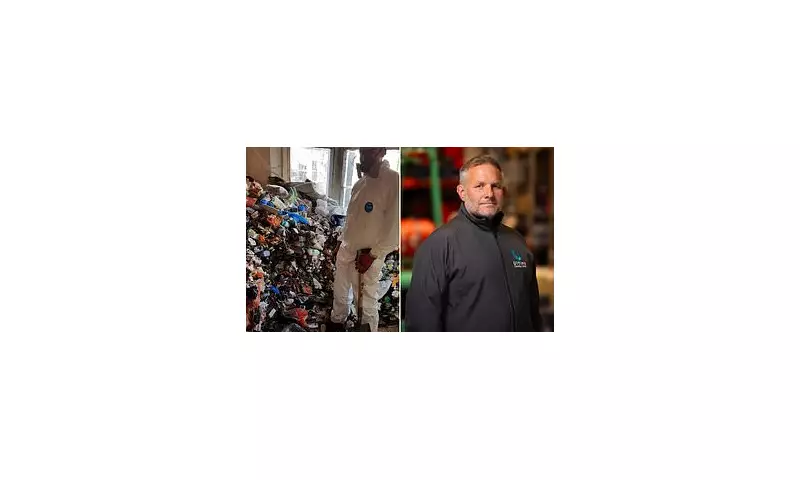
In the shadows of Britain's most traumatic incidents operates a specialist whose work remains largely unseen by the public eye. Ben Giles, founder of BG Cleaning and Hygiene, has carved out a career in one of the world's most challenging professions - forensic and crime scene decontamination.
The Unseen World of Trauma Cleaning
While most cleaners tackle dust and grime, Giles and his team confront scenes that would make even emergency services personnel pause. From murder sites to unexplained deaths, their work involves restoring properties to their former state after unthinkable tragedies have occurred.
'People don't realise what's involved until they're faced with it themselves,' Giles explains. 'We're not just cleaners - we're restorers of normality.'
Technical Expertise Meets Emotional Resilience
The process involves far more than simple cleaning. Every job requires:
- Advanced biohazard containment procedures
- Specialised chemical treatments to eliminate biological risks
- Structural restoration where necessary
- Comprehensive odour removal techniques
- Strict adherence to health and safety protocols
'The technical side is challenging, but the emotional aspect is what truly tests you,' Giles reveals. 'We're dealing with people's worst moments, and we have to approach each job with both professionalism and compassion.'
The Human Cost of Cleaning Crime
Behind the protective suits and industrial equipment lies a profound understanding of human tragedy. Giles acknowledges the psychological toll his work takes, noting that certain scenes remain etched in memory long after the cleaning is complete.
'You develop coping mechanisms, but some jobs stay with you forever,' he admits. 'We see the aftermath of things most people can't even imagine.'
A Growing Industry Born from Necessity
As awareness of biohazard risks increases, the demand for specialist cleaning services has grown substantially. Property owners, landlords, and even local authorities now recognise the importance of professional decontamination beyond what standard cleaning services can provide.
Giles's company represents a small but crucial sector of Britain's service industry - one that operates with discretion, technical precision, and a unique understanding of human vulnerability in the face of tragedy.
While the work remains largely unseen, its importance to communities and individuals recovering from trauma cannot be overstated. As Giles puts it: 'We're the last chapter in someone's worst story, and we have to make sure it ends with hope and restoration.'





